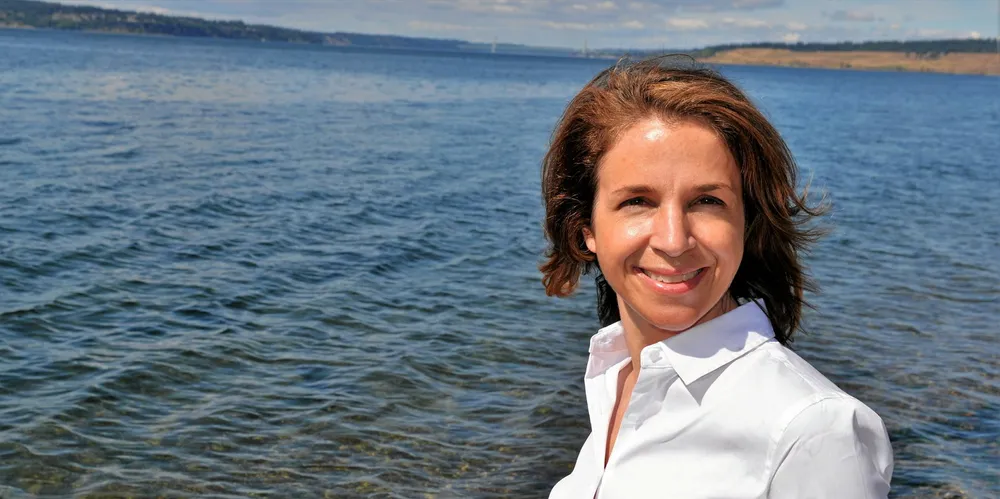Washington State bans all netpen finfish farming
The announcement came following the abrupt termination of Cooke's remaining steelhead farming leases in Washington state.

The announcement came following the abrupt termination of Cooke's remaining steelhead farming leases in Washington state.
